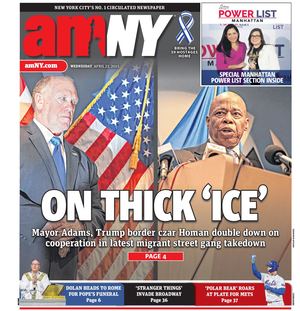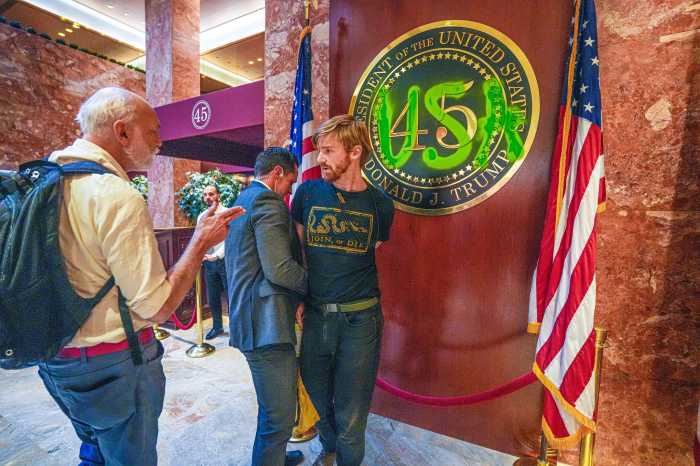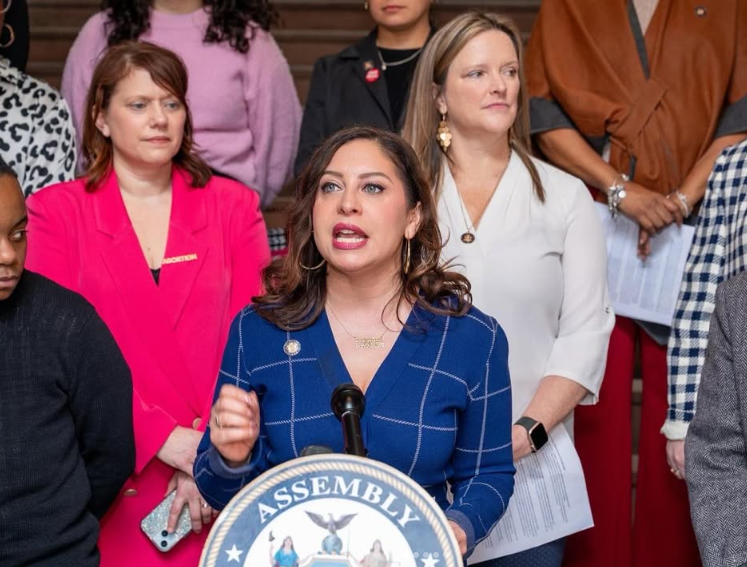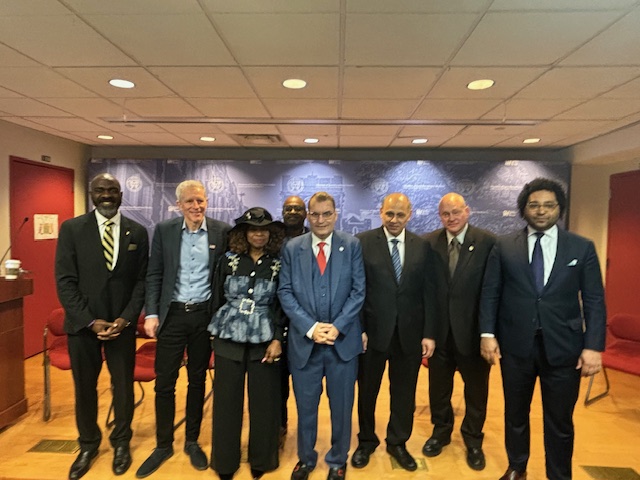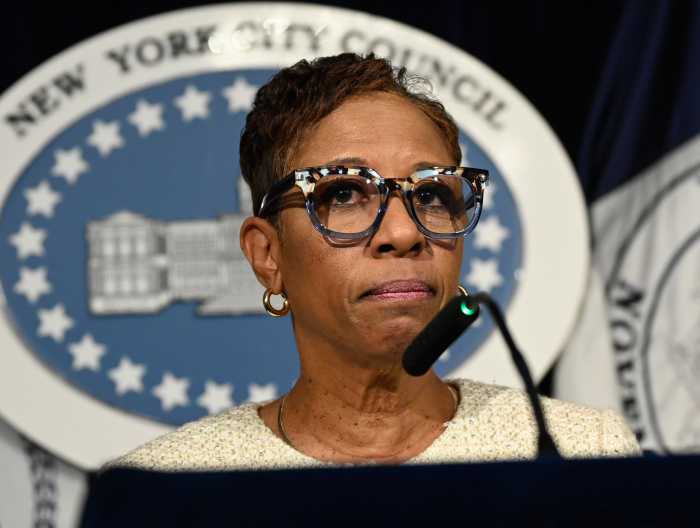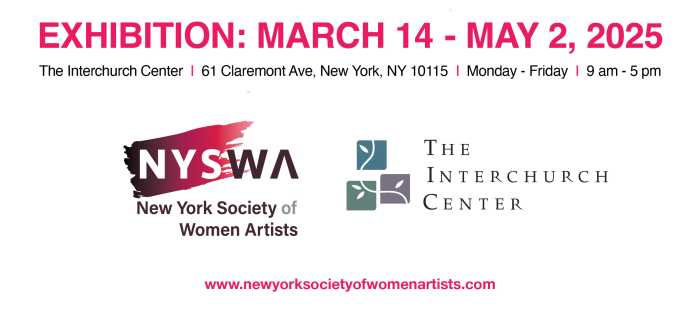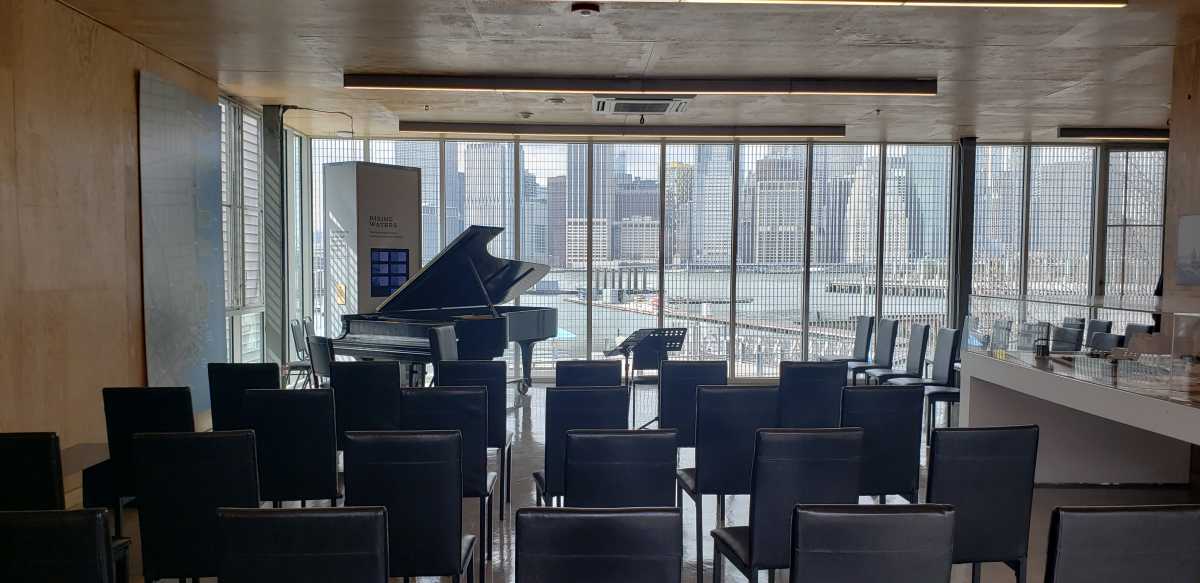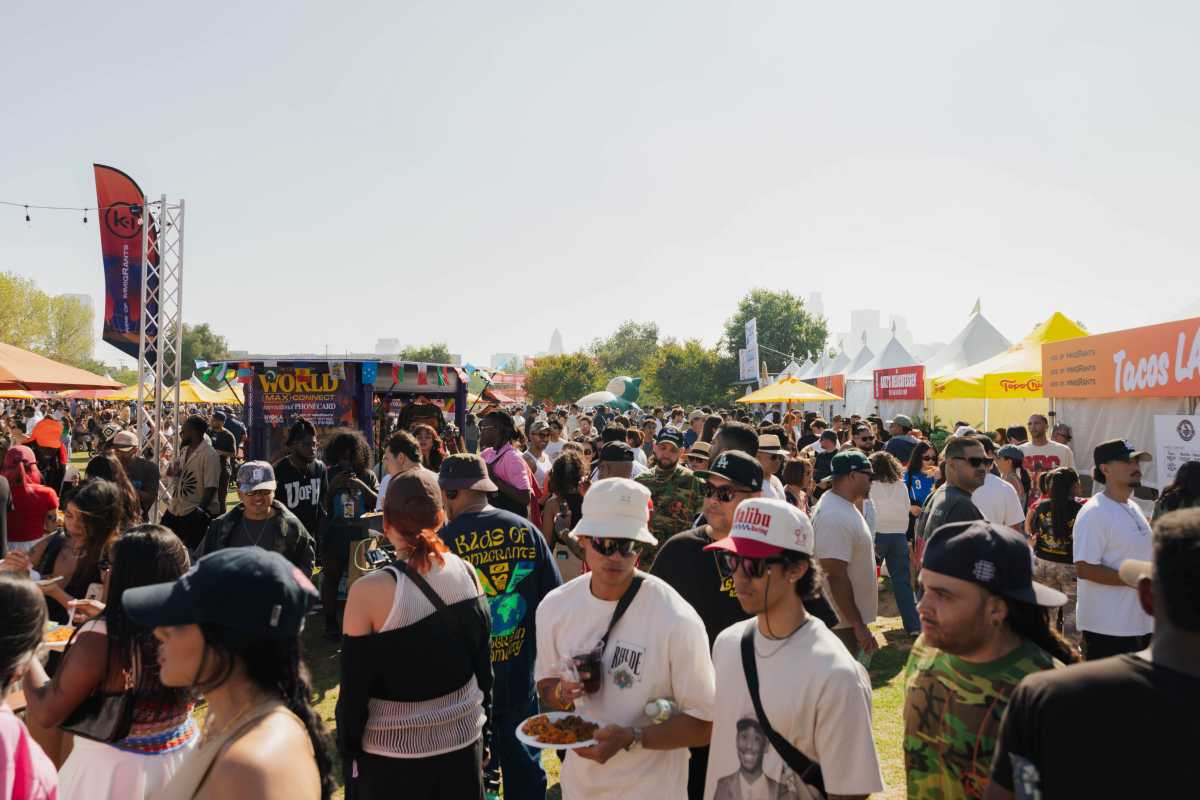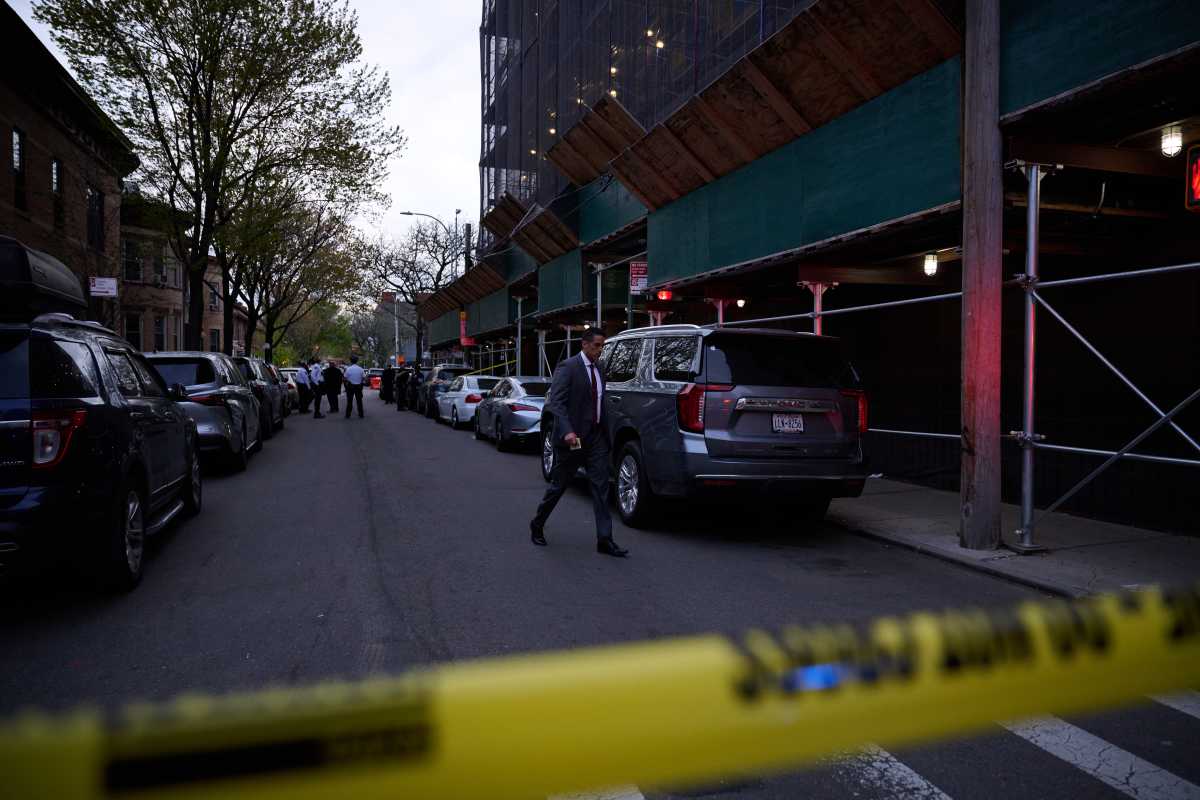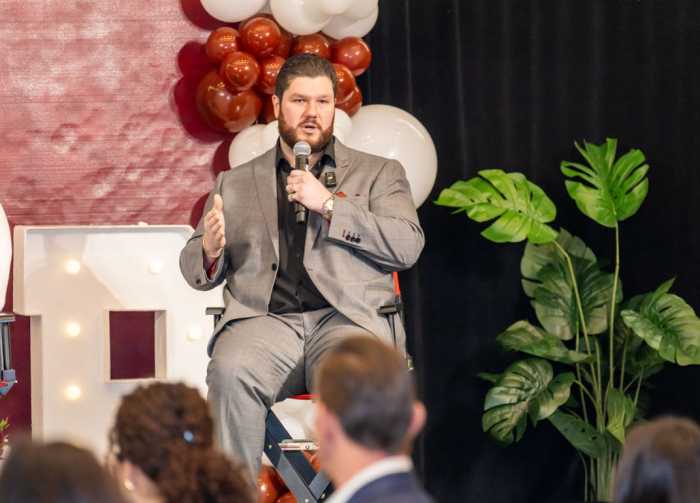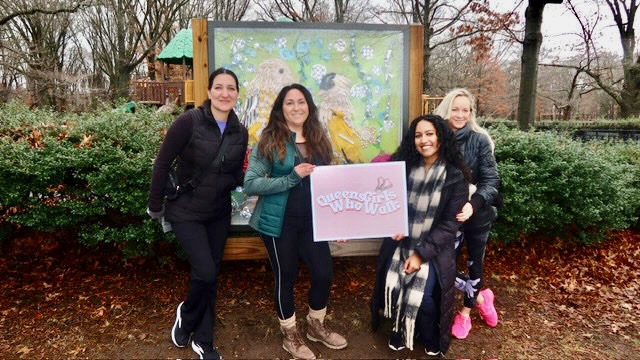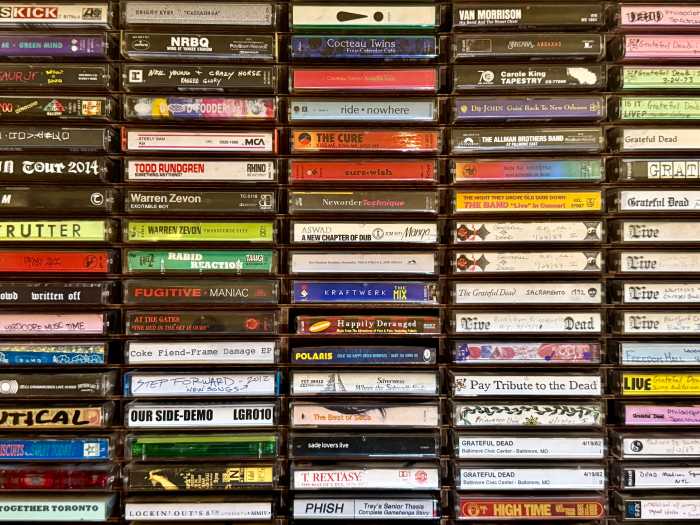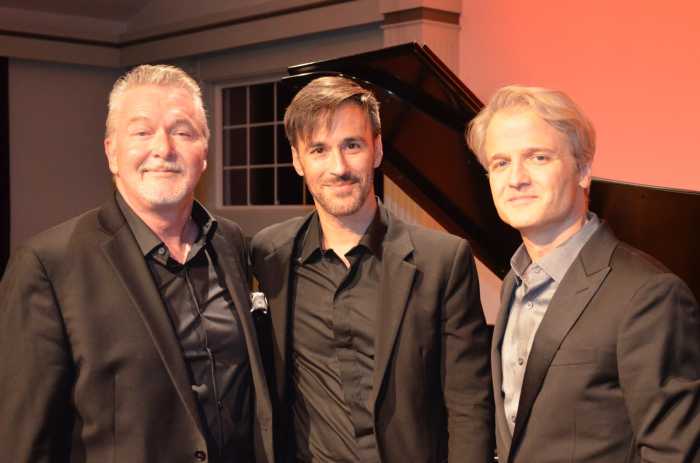
A handful of community organizations on Tuesday brought a lawsuit against Trump administration officials over changes to federal regulations that could bar noncitizens who have received government assistance from getting green cards.
A new rule amending the Department of Homeland Security’s Immigration and Nationality Act, slated to go into effect Oct. 15, would significantly broaden the kinds of government assistance that could bar a noncitizen from green card status.
Receiving benefits including food stamps (SNAP), Medicaid and public housing subsidies could lead DHS to judge a noncitizen as “likely to become a public charge,” jeopardizing their green card applications.
The Act previously defined a “public charge” as someone “likely to become primarily dependent on the government for subsistence” and took into consideration receiving public cash benefits. Changing the definition to include noncash benefits like food stamps and health care is illegal, argue attorneys representing the community groups.
“This rule redefines the term that has been understood to have a very narrow meaning for over 100 years, that only people who are incapable of taking care of themselves on their own are not allowed to get green cards,” Susan Welber, a staff attorney at the Legal Aid Society, told amNewYork. “This rule says even if you’re working full time but maybe your English isn’t proficient or you have receive Medicaid because your job doesn’t offer you health care, then you’re not welcome here — that’s in a nutshell what it is, and that’s illegal.”
The rule defines “public charge” as a noncitizen — called an “alien” in the DHS text — who receives one or more of the included public benefits for 12 months during a 36-month period. In determining whether someone is “likely to become a public charge,” DHS would also weigh a number of “positive” and “negative” aspects of the individual case, including a noncitizen’s English proficiency and age (being under 18 or over 61 is considered a “negative,” per the rule text).
The lawsuit argues the new rule is “motivated by racial animus and has a disproportionate effect on immigrants of color,” said Welber.
There are exceptions to the rule, including for people from military families or asylees, and for pregnant women receiving Medicaid.
Community groups Make the Road New York, African Services Committee, Asian-American Federation, Catholics Charities Community Services and Catholic Legal Immigration Network are bringing the lawsuit, filed Tuesday in the U.S. Court of the Southern District of New York, against the Department of Homeland Security and U.S. Citizenship and Immigration Services (USCIS). The suit also names USCIS acting director Ken Cuccinelli and DHS acting director Kevin K. McLeenan as defendants. A number of state governments, most recently California’s, have already sued the Trump administration over the public charge rule.
A spokesperson for USCIS said the agency was unable to comment due to pending litigation.
Make the Road New York held a press conference announcing the lawsuit Tuesday morning at its offices in Jackson Heights, Queens. It was attended by supportive politicians, including Assemblymember Catalina Cruz, who represents the Queens neighborhood. Attendees joined together to chant in unison between speakers, “The people united will never be defeated!”
Though the changes have yet to take effect, they are already creating fear in New York’s immigrant community, including in Jackson Heights, said a member of Make the Road New York who spoke at Tuesday’s press conference.
“Since the proposed public charge rule came out last year, I receive questions every day about this rule,” said Bianca Palomeque, speaking in Spanish through a translator. “People in my community are extremely concerned about how it will impact them and their families. Even though the rule has not gone into effect yet, I hear stories every day of people questioning whether they should disenroll in benefits — many of them are not even impacted by this rule.”
Palomeque wondered how the rule would have impacted her had it been passed over a decade ago — she had ovarian cancer and was able to receive treatment because she was eligible for Medicaid, she said. At the time, she was making little money and spoke little English. She had to stop working to spend months in the hospital. It was around that time that she was applying for green card status.
“If this public charge rule had gone into effect 11 years ago when I was applying for my green card, I don’t know what I would have done,” she said. “I can’t imagine being put in the position of choosing between my health and getting my green card.”
The lawsuit argues that the new rule will disproportionately impact people of color and poor people. Palomeque agrees, and she takes it as a clear sign the Trump administration is trying to keep certain people out of the country.
“The Trump administration is sending a clear message that if you are not white and you are not wealthy, you are not welcome here,” she continued.
